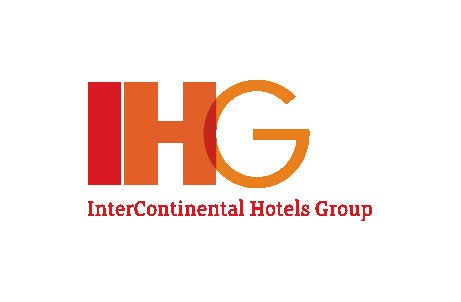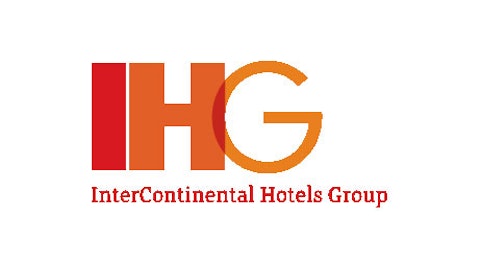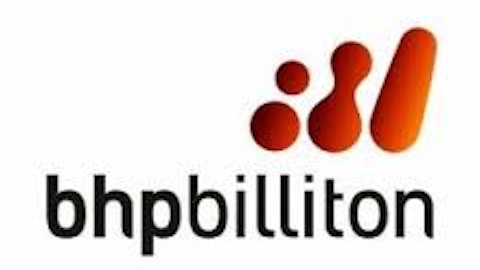LONDON — The last five years have been tough for those in retirement. Portfolio valuations have been hammered, and annuity rates have plunged. There’s no sign of things improving anytime soon, either, as the eurozone and the U.K. economy look set to muddle through, at best, for some years to come.
A great way of protecting yourself from the downturn, however, is by building your retirement fund with shares of large, well-run companies that should grow their earnings steadily over the coming decades. Over time, such investments ought to result in rising dividends and inflation-beating capital growth.

Today, I’m going to take a look at InterContinental Hotels Group PLC (ADR) (LSE:IHG) (NYSE:IHG), which owns global hotel brands including Crowne Plaza, Holiday Inn, and Staybridge Suites.
InterContinental Hotels Group vs. FTSE 100
Let’s start with a look at how InterContinental Hotels has performed against the FTSE 100 over the last 10 years:
| Total Returns | 2008 | 2009 | 2010 | 2011 | 2012 | 5-Yr. Trailing Avg. |
|---|---|---|---|---|---|---|
| InterContinental Hotels Group | (34%) | 63.8% | 42.2% | (4.4%) | 49.8% | 19.9% |
| FTSE 100 | (28.3%) | 27.3% | 12.6% | (2.2%) | 10% | 5.2% |
Source: Morningstar. Total return includes both changes to the share price and reinvested dividends. These two ingredients combined are what make it possible for equity portfolios to regularly outperform cash and bonds over the long term.
InterContinental Hotels was formerly part of a company called Six Continents, which had its roots in the Bass empire. In 2003, Six Continents split itself into two parts — InterContinental Hotels Group, and pub chain Mitchell & Butlers plc (LON:MAB) — both of which gained new listings on the London Stock Exchange.
InterContinental’s performance has been strong since then, and it has delivered total returns nearly four times greater than the FTSE 100 average over the last five years. The question for retirement investors is whether it can maintain this kind of performance.
What’s the score?
To help me pinpoint suitable investments, I like to score companies on key financial metrics that highlight the characteristics I look for in a retirement share. Let’s see how InterContinental Hotels shapes up:
| Item | Value |
|---|---|
| Year founded | 2003 |
| Market cap | 5.1 billion pounds |
| Net debt | 691 million pounds |
| Dividend Yield | 2.2% |
| 5-Year Average Financials | |
| Operating margin | 23.9% |
| Interest cover | 7.4 times |
| EPS growth | 6.4% |
| Dividend growth | 7.7% |
| Dividend cover | 2.4 times |
Here’s how I’ve scored InterContinental Hotels Group on each of these criteria:
| Criteria | Comment | Score |
|---|---|---|
| Longevity | A mixture of old and new brands in a young organization. | 3/5 |
| Performance vs. FTSE | Very strong. | 5/5 |
| Financial strength | High margins and good cash generation, but debt doubled last year. | 4/5 |
| EPS growth | Steady earnings growth. | 4/5 |
| Dividend growth | Well-covered, with steady growth but below-average yield. | 4/5 |
| Total: 20/25 | ||
InterContinental Hotels’ score of 20/25 suggests that it could be a strong candidate for a retirement portfolio, and I think this is a fair assessment. The group generates a lot of cash, thanks to its asset-light business model — 3,934 of its 4,602 hotels are franchised, meaning that InterContinental simply licenses the brand to third-party management, who own and operate the hotel, paying a percentage of room revenue to InterContinental for their use of its brands.
Of the group’s remaining hotels, 658 are managed — where InterContinental provides management staff but does not own the hotel — and just 10 are actually owned by the company. This business model takes full advantage of the power of global brands such as Holiday Inn, but removes the risks and overheads of managing staff and real estate in many different countries. It’s a business model that has proven very successful so far.
My verdict
InterContinental’s business model and bargaining power means that it generates a lot of cash, and has quite low levels of capital expenditure. In turn, this means that its dividends are usually covered around twice by free cash flow, making them very safe, and providing plenty of headroom for future increases.
The downside of this is that the company’s dividend policy is relatively cautious and provides a below-average yield. InterContinental’s forward yield for 2013 is currently 2.4%, well below the FTSE 100 average of 3.1%. If you’re not planning to retire for some years yet, it might be worth accepting this lower yield now to lock in future gains and income, although with the company’s shares at all-time highs, a cheaper buying opportunity may come along, if you can afford to wait.
2013’s top income stock?
If you’re looking for a reliable high yield that’s available immediately, then the utility sector might be worth a look. The Motley Fool’s team of analysts has identified one FTSE 100 utility share that they believe offers a particularly high-quality income opportunity.
The company in question offers a 5.7% dividend yield, and the Fool’s analysts believe that it could be worth up to 850 pence per share — offering new investors a potential 20% gain on the current share price of around 700 pence.
Indeed, the Motley Fool’s analysts are so confident in this share that they’ve named their report, “The Motley Fool’s Top Income Stock for 2013!” This exclusive new report is completely free, but will only be available for a limited time — so click here to download your copy now.
The article Is InterContinental Hotels Group the Ultimate Retirement Share? originally appeared on Fool.com and is written by Roland Head.
Roland Head does not own shares in any of the companies mentioned in this article. The Motley Fool has no position in any of the stocks mentioned. Try any of our Foolish newsletter services free for 30 days. We Fools may not all hold the same opinions, but we all believe that considering a diverse range of insights makes us better investors. The Motley Fool has a disclosure policy.
Copyright © 1995 – 2013 The Motley Fool, LLC. All rights reserved. The Motley Fool has a disclosure policy.


